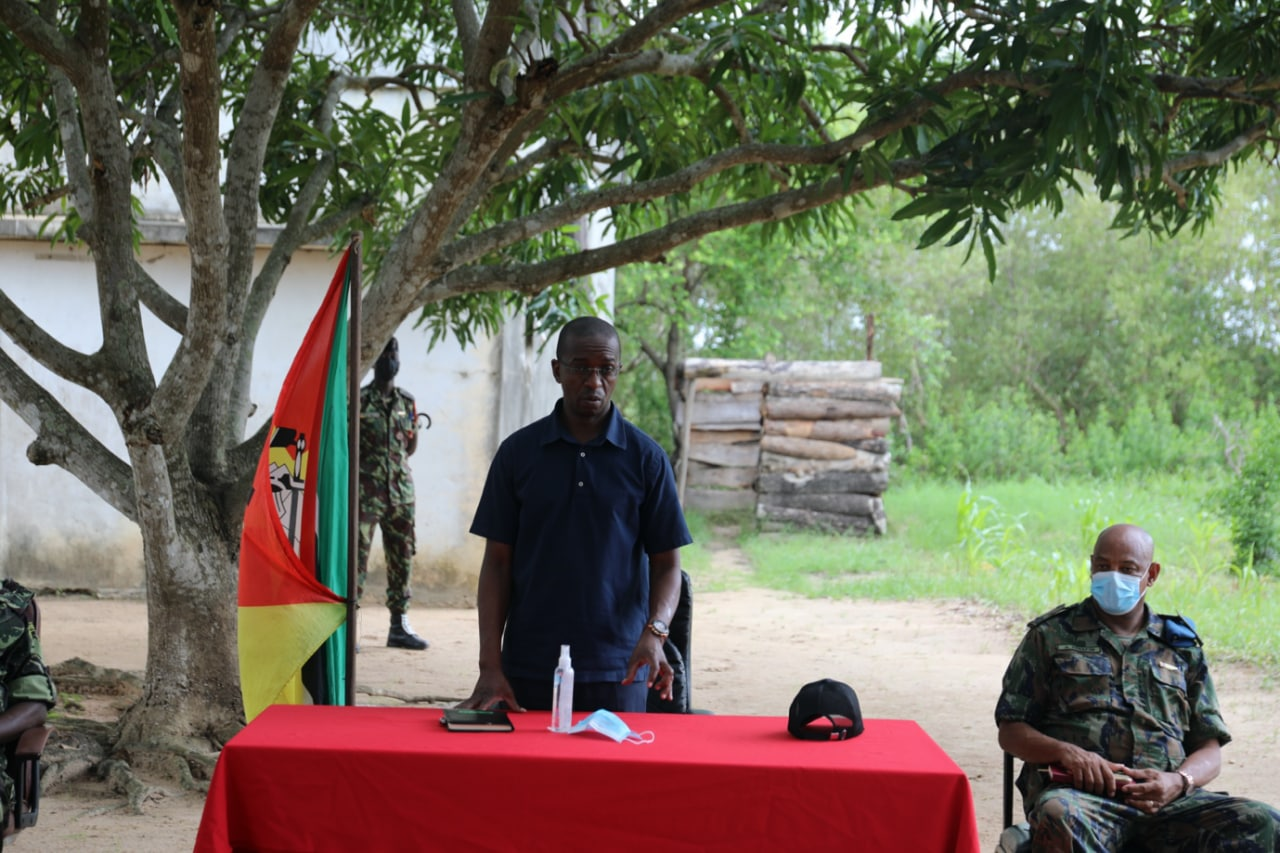First published as part of the Cabo Ligado Monthly: February 2024

The lack of consistent communication on the conflict in northern Mozambique continues to be one of the greatest weaknesses of the Mozambican authorities in their response to the insurgency. A feature since the beginning of the conflict, it has been exacerbated by increasing insurgent attacks in recent weeks. The recent escalation of violence, the spread of insurgent groups across the center and south of Cabo Delgado, attacks on villages, the destruction of houses, churches, and government infrastructure, as well as the killing of civilians, has prompted an uncoordinated, distorted, and confused reaction from the authorities, which has led to tension with the media.
On 29 February, Mozambique's Defence Minister, Cristóvão Chume, described the movement of the insurgent groups, which came within 20 kilometers of the provincial capital Pemba, as an attempt to create panic among the population. According to Chume, these incursions by small groups do not imply an upsurge in violence, and the situation in the province remains "stable." At the time Chume made that statement, humanitarian organizations were reporting that more than 30,000 people had been displaced by the attacks in Chiúre and fled to the neighboring province of Nampula. Speaking about the attacks on Mazeze, the administrator of Chiúre, Oliveira Amimo, said that the insurgent attacks had resulted in the destruction of basic infrastructure, such as government buildings, churches, and houses. Given the information on the impact of the attacks, the Bishop of Pemba said that there was no doubt that Cabo Delgado province was "on fire" and that there was no point in minimizing the situation.
Mozambican President Filipe Nyusi also gave a less optimistic view of the conflict. First, he said that the new dynamic of the insurgents requires a new approach from Mozambique’s Defense and Security Forces (FDS). However, when the French government issued a statement warning its citizens against traveling to certain parts of Cabo Delgado due to the increase in instability, Nyusi was furious, given the implications that the statement could have for the resumption of work by the French multinational Total on its liquefied natural gas project in Afungi, Palma. Although he didn't provide any information to contradict the warning, Nyusi said he didn't understand why the French had issued such a statement. President Nyusi later said that the insurgent movements in the south were aimed at recruiting 'children and young people,' but that the FDS had thwarted these efforts.
While Minister Chume minimized the conflict situation and President Nyusi showed some concerns about the new developments, the governor of Cabo Delgado, Valige Tauabo, directed his attacks at the press. He accused journalists of being “in harmony” with the insurgents by reporting insurgent attacks in real time. This, he believes, weakens the FDS. He accused the press of being unpatriotic by highlighting the achievements of the insurgents rather than the Mozambican forces.
These inconsistencies in information regarding the conflict and attacks on the media reveal the government’s weakness in managing communication. This weakness could be due to the lack of a central communications strategy, which would allow the government to speak with a single voice and present a unified version and response to the conflict, thus avoiding conflicting, contradictory, and incoherent interventions.
The government has a reactive rather than proactive approach; the authorities only talk about the conflict when under public pressure. A proactive approach would enable them to make information available so that they can make decisions and take steps in advance to address security concerns. Another problem is the lack of regular media briefings. The absence of regular official information leads, for example, to situations in which journalists are forced to rely on information provided by IS in the absence of timely information from official sources. To make matters worse, the government has relied on propaganda channels or state-controlled media outlets to respond to critics and disseminate information that misrepresents reality rather than conveying facts on the ground.










